EU postpones vote to reinstate Russian voting right on council
The Council of Europe has postponed a controversial decision on restoring Moscow's voting rights on the organization, stripped after Crimea's vote in 2014 to secede from Ukraine and join Russia.
Delegates at a plenary session of the council's Parliamentary Assembly (PACE) decided by a vote of 99 to 79 and 16 abstentions to return the draft proposal for further review.
"The debate is completely 'poisoned' by the Russia case, so putting off the problem is the right decision," German Delegate Frank Schwabe wrote in a Twitter message following the vote.
The proposed amendment to the rules of the council would have made it more difficult to sanction delegates of a member state in case of "serious infringement of the Council of Europe's fundamental principles."
The Council of Europe is an international organization whose stated aim is to uphold human rights, democracy and the rule of law in Europe.
Russia suspended part of its 33-million-euro annual contribution to the council last year after the institution took away Moscow’s voting rights.
The proposed measure was regarded as a way of appeasing Moscow by allowing it to present a new council delegation in January.
Proponents of keeping Russia inside the rights institution argue that it will make Moscow think twice before legislating measures which undermine democracy or human rights as interpreted by the Council of Europe.
Key proponent of Russia’s readmission is the council's Secretary General Thorbjorn Jagland. Other influential supporters of Moscow are important members such as Germany, France and Italy but Ukraine and Britain remain among firm opponents of the move.
At least eight resolutions have been adopted by PACE against Russia since the Ukraine crisis began and Crimea voted in a referendum to join Russia.
Moscow has demanded to be readmitted without conditions and given guarantees from PACE that it will no longer be subjected to any future sanctions.
Reacting to the postponement, chairman of the international committee of Russia's lower parliament house, State Duma, Leonid Slutsky said the Russian delegation is unlikely to return to the PACE in 2019.
PACE "once again did the bidding of the Russophobic minority," he said, adding the decision "demonstrated how strong destructive attitudes in Strasbourg are."
"PACE once again demonstrated its weakness and ceded position in the face of the anti-Russian hysteria," Slutsky said.
Russia has become a litmus test of how Europe is becoming increasingly divided, with each European country having its interests determined by its own geographical realities.
There is no longer a European approach to Russia like there was during the Cold War when a weak Europe dependent on the US for its security acted as one to maintain the US containment line.
Hungary and Bulgaria, as historical battle grounds between the West and the East, have criticized EU policy toward Russia for being too harsh.
Also, key European countries such as Germany have critical economic concerns because they receive a significant amount of oil and natural gas from Russia.
German, Austrian, and French energy companies are engaged in a number of joint venture projects with Russian energy companies.
However, Poland and the Baltic states of Estonia, Latvia, and Lithuania are inclined toward the US and stand firm in favor of extending sanctions against Russia.
Israeli airstrike kills at least 7 people in Rafah
VIDEO | Iranians hold nationwide demos in support of IRGC
Syria condemns US veto of Palestine UN membership resolution
Iraqi resistance forces hit Israeli Ovda air base
Hackers break into Israeli military’s computers, access trove of documents
Tulkarm Brigade commander killed by Israeli forces in raid on refugee camp
Zionist media desperately trying to turn Israeli defeat into victory: Iran
VIDEO | Press TV's news headlines





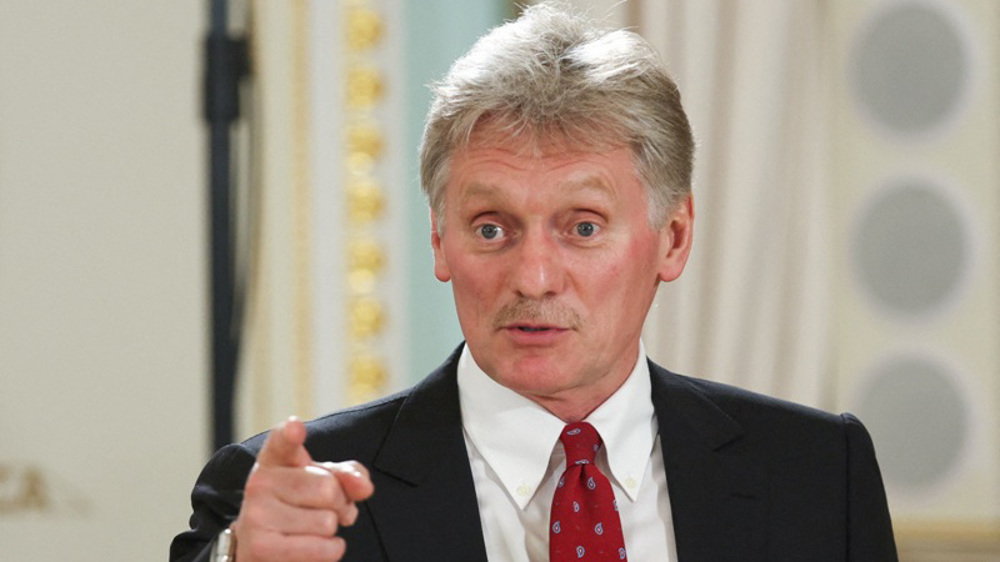
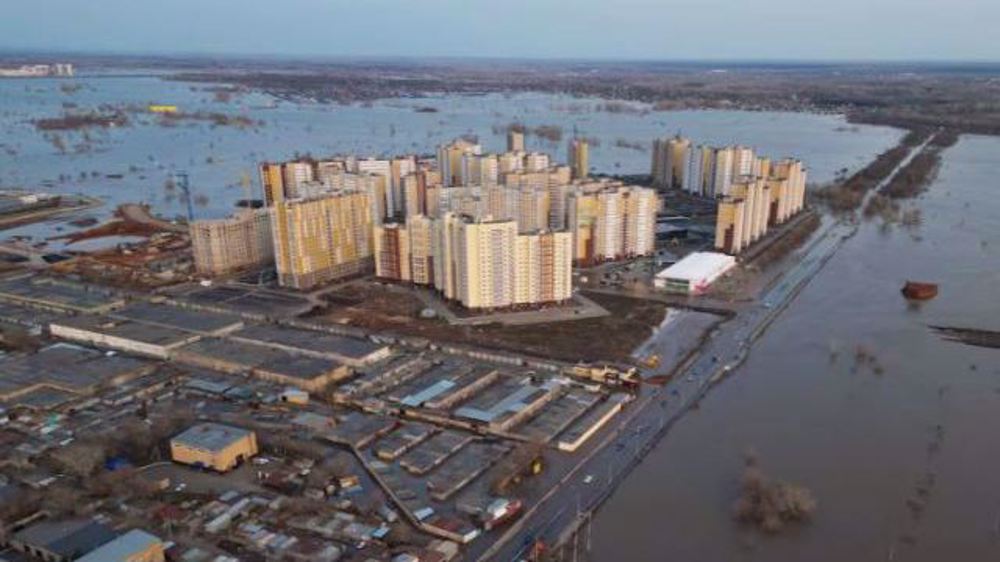
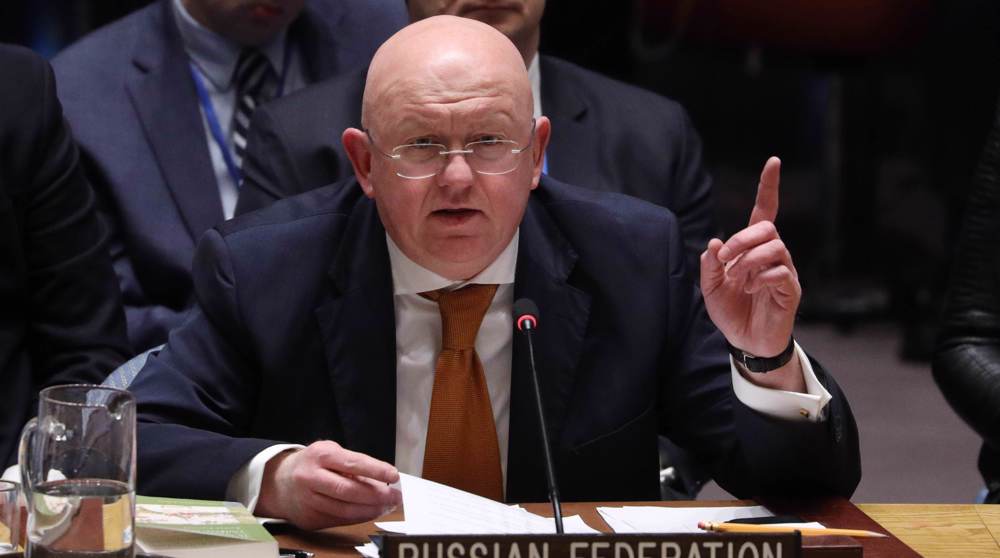




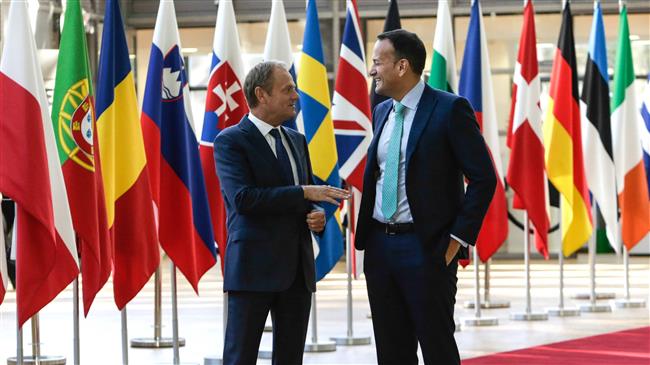
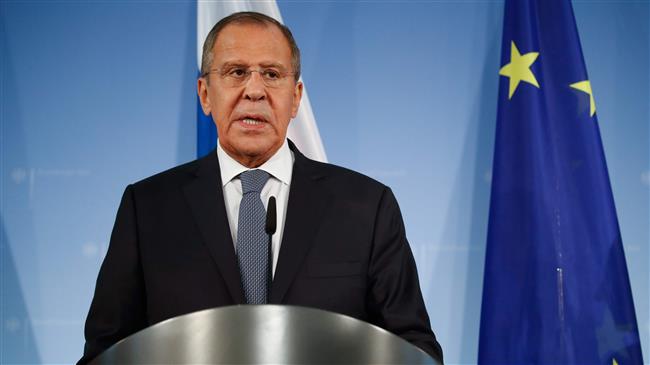

 This makes it easy to access the Press TV website
This makes it easy to access the Press TV website